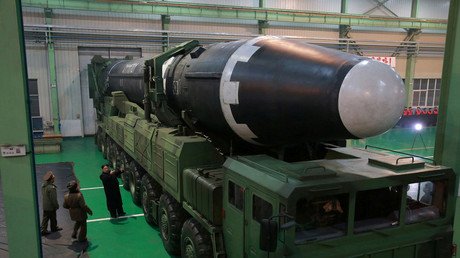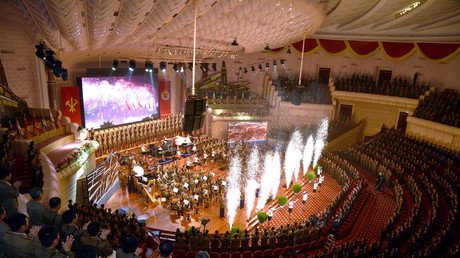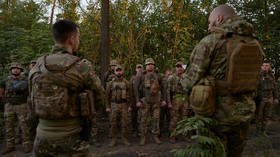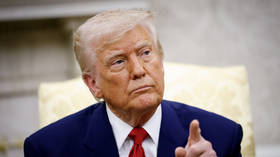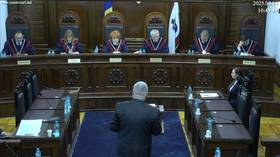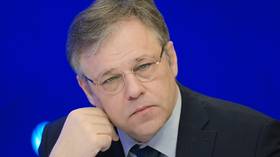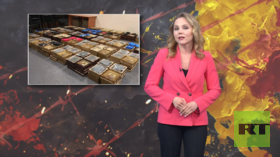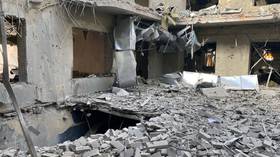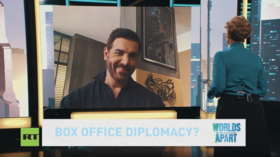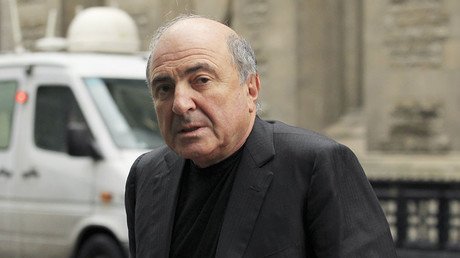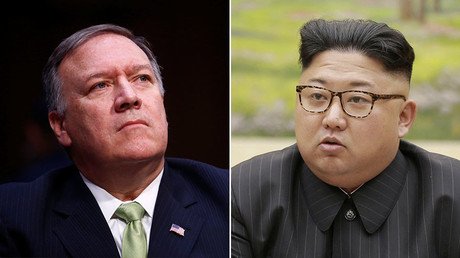North Korea’s ‘nuclear freeze’ is a call for reciprocal US ‘commitment & guarantees’
By freezing the country’s nuclear and ballistic missile programs, Kim Jong-un has cleared the main obstacles for signing an inter-Korean peace treaty and paved the way for a potential détente with Washington, experts told RT.
On Friday, North Korean leadership took a major step in the ongoing peace negotiations with its neighbor. While agreeing to discontinue nuclear and intercontinental ballistic missile tests, Kim Jong-un has outlined a number of steps which he hopes will lead to economic prosperity.
At the same time, the North Korean leader made clear that the country is ready to surrender its nuclear program, after having obtained the technical capabilities to have a nuclear deterrent. Having such capabilities was necessary to gain security guarantees from the US, which for months threatened to retaliate against the country's nuclear and ballistic program by military means, experts told RT.
“If you look back at the past 25 years of the DPRK's missile and nuclear technology program, it has been very clear that what the North Koreans really want is not a war with the United States. They want a security guarantee from the United States,” Brian Becker, director of the ANSWER Coalition, told RT.
“They feel they may be on the eve, on the precipice, on a cap of a possible new stage in US diplomacy or US strategy in the Asia-Pacific region, that would allow North Koreans to actually have a security guarantee that it’s wanted from the beginning,” he added.
To reach such an arrangement with the US, the North has to sign a peace treaty with the South. According to reports, arrangements are being made to officially end the Korean War (which started in 1950) at the upcoming intra-Korean highest-level summit, due to take place on April 27.
“It is a big step. The North Korean government, on the eve of its talks with South Korea, is removing all of the obstacles, the impediments, that would stop a possible, real, major development on the Korean peninsula, bringing the Korean War to an end finally, all these decades later,” Becker said. “That is all North Korea wants. It wants a peace treaty and it wants to be able to trade and it wants to be economically integrated into the world economy.”
“North Korea is basically making the shift to more wealth and prosperity. And they have already shown that they have completed their nuclear deterrence program...and they are making it really clear to the rest of the world that now they want to join the East Asian model, that is basically working for an economic miracle,” Dr. Simone Chun, from the Korea Peace Network, told RT.
Meanwhile, political analyst Joseph Cheng told RT that North Korea's nuclear weapons program is "used as bargaining chips, they are not meant to attack the United States."
"So Kim Jong-un has made a bold move to approach South Korea, the United States, and so on, with a hope of bringing about a final settlement, a wholesale approach, hopefully which will bring about full diplomatic relations between North Korea and the United States and definitely Japan as well," he said.
If South Korean president Moon Jae-in and his North Korean counterpart sign the treaty, then it will be up to the US leadership to strike a deal with Pyongyang. “South Korea can't give the DPRK, North Korea, a security guarantee. Only Washington can do that,” Becker said. “And so what we are going to see is a peace agreement, symbolic largely, but I would say as a precursor to the possibility of a US-DPRK détente.”
“The big obstacle will be what happens in Washington. North Korea wants peace, South Korea wants peace. The big question is will the military industrial complex in the United States accommodate itself to a new reality,” Becker added.
While Donald Trump has already verbally welcomed Kim’s announcement, Chun told RT, it “would be nice for the United States to show some commitment.”
If you like this story, share it with a friend!
